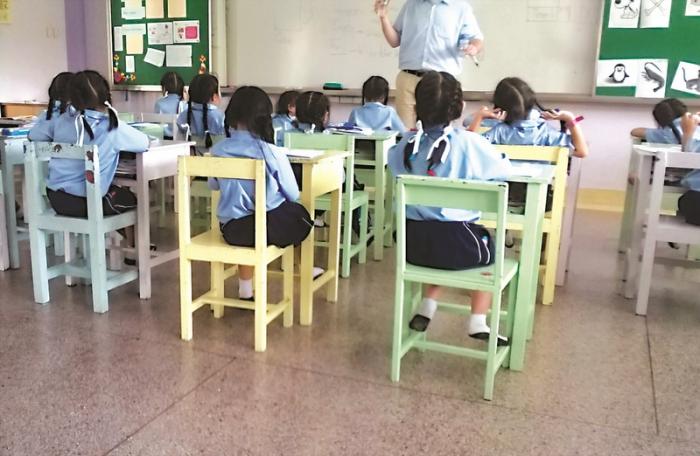Law, Life and Society: Becoming a professional teacher in Thailand

PHUKET: If there is one thing that impels young professionals to come and visit Thailand, it’s the idea that the grass looks greener on this side of the world. Thailand offers vast employment opportunities to foreigners, especially in the field of education. I recall being reluctant, yet interested, as I started looking into the possibility of becoming a teacher about a year ago.
When I first came to Thailand, I worked as a manager at an international law firm in Bangkok. My decision to shift to a different career was swayed greatly by many different elements. I gradually developed interest when I was asked to teach English to a small youth group for two months. That’s when I realized I loved teaching and started working toward becoming a professional teacher in Thailand.
A little research showed me that it was not as easy as I thought. The first thing I did was return to my home country to retrieve my diploma and official transcripts from the university where I obtained my Bachelor’s degree.
Additionally, many schools in Thailand require foreigners who are non-teachers by profession to possess relevant training and teaching certificates. I enrolled in a training center in Bangkok and took a 4-week ‘Teaching English as a Foreign Language’ (TEFL) program. An integral part of this course is to complete an 8-hour practical teaching requirement with different educational levels. This experience was quite helpful, as it gave me an idea of the typical classroom setting in Thailand.
After obtaining my certificate, I felt more than ready to begin job hunting. I thought it would be difficult because the school year had already started and I am not considered a ‘native English speaker’, even though I have spoken English my entire life. However, I was fortunate to find the right school about a week after I completed my course.
I was offered positions at three different schools in Thailand, but I chose one located in Rayong. It is not the ideal location if you like living in a city, but the school is near the beach and the people are very nice. I was lucky that I had entered Thailand on a Non-B visa for my previous employment. Those who entered Thailand on another type of visa would have to leave the country, apply for a Non-B visa at an outside Thai consulate, and then re-enter Thailand.
As a ‘non-native’ English speaker, I was also required to pass the TOEIC exam, which I’m happy to say I did. I then prepared documents for a teaching license application and obtained my license shortly after.
To legally become a teacher in Thailand demands a significant and sometimes exigent process. Acquiring the proper visa and work permit can be time consuming and stressful. Although there are some who teach without them, it is far more sensible to be prepared and compliant.
Robert R Virasin is a licensed US Attorney and managing director of Virasin & Partners. He can be reached at www.virasin.com. John Guzman is a teacher at a public high school in Rayong, Thailand.
— Robert R Virasin & John Guzman
Latest Thailand News
Follow The Thaiger on Google News:


























